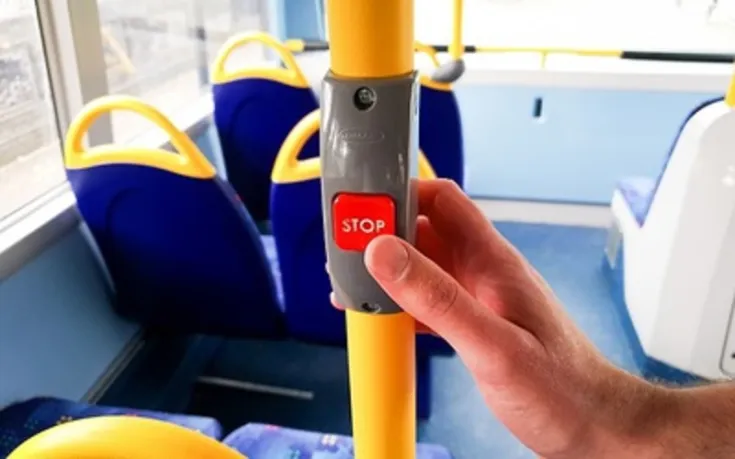Do you know what 'wag' means?
Of course, throughout the Anglosphere, it's a verb primarily meaning 'to move from side to side, forwards and backwards, or up and down, especially rapidly and repeatedly: the dog wagged its tail.' There are a few other meanings too, though many of them are now archaic and not much in use.
But in Australia (and New Zealand), there's another meaning for 'wag'.
No, it has nothing to do with the British initialism WAG, initially referring to the entourage of wives and girlfriends (hence 'WAG') accompanying the English football team at world cups and Euro championships, but nowadays used in the singular for the wife or girlfriend of a (male) sports star and typically characterised as having a high media profile and a glamorous, tabloid-reported lifestyle.
In Australia and New Zealand, 'wag' is also a widely used verb meaning 'to play truant', i.e. skipping school when you should be there. It was a slang term all us Aussie and Kiwi kids used to use back in the day when we would 'wag school'. You also 'wag work' when 'chucking a sickie'.
Like so much of Australian slang, this originates from the UK. However, while most UK-derived slang in Australian English comes from the London Cockney dialect (where most of the convicts that brought English to what is now Australia came from), 'wag' in this form comes from northern England, namely Manchester, Lancashire and Yorkshire, having derived from the Middle English wagge, which in turn is one of the many borrowings from Old Norse: vaga, meaning 'wag' or 'waddle', which in this form has the sense of ‘wander off’ or ‘depart’.
Now here's the thing: 'wag' is now no longer a slang term in Australia!
All over the world newsreaders tend to speak in a formal version of the standard language and rarely ever use any slang words unless context requires it. However, a few years back while I was watching the main 6 pm news broadcast on an Australian commercial TV station, there was a report about a missing boy who had, I quote, 'wagged' school. It sounded strange that the otherwise serious-sounding newsreader would use what otherwise is very informal speech.
However, it appears that over the years, this form of the verb 'wag' in Australia has gone from slang into accepted formal speech, and is even in the Macquarie Australian English dictionary (though many widespread Aussie slang terms are). A quick internet search found the verb 'wag' appear in many news articles, government public service announcements and other texts where otherwise the use of slang would be considered out of register. This adoption of a slang term is actually reflective of a greater acceptance by Australians for more colloquial speech, something that anyone who is pitching content for the Australian market must bear in mind.
Other Aussie slang words have also become formalised, including 'spruik', 'rort' (went from informal to formal in the 1990s) and 'hoon' (enshrined even in Australian legislation in the last decade).
I wonder what other Aussie slang terms in use will also end up being 'proper' in the future?
To make sure that you know your wag so as to not get tongues wagging, and have your text and copy just right for the Australian market, why not drop me a line at info@nicknasev.com and let's talk.


































































.%20A%20day%20of%20campaigning%20%E2%99%80%20%E2%80%A6%20or%20a%20day%20to%20buy%20flowers%20%F0%9F%92%90.jpg)


























































